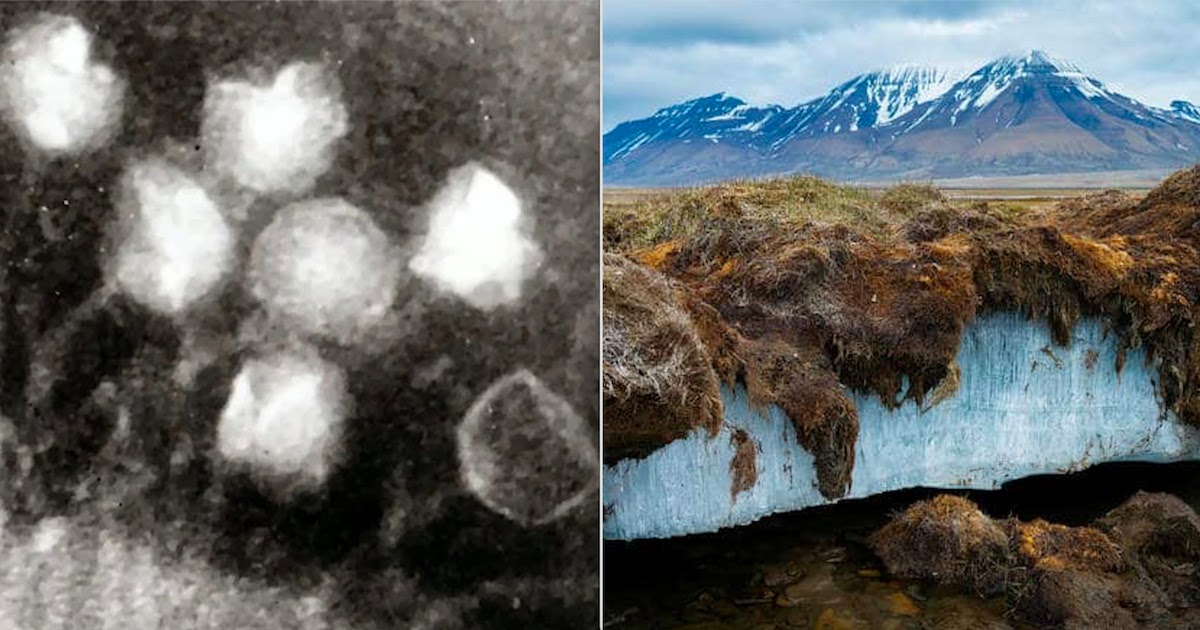
Permafrost is now melting across the world due to climate change, that is, ice that has been permanently frozen for tens of thousands of years. As a result, old life forms are being discovered that have sat in stasis for millennia, shockingly some of them are still alive.
Among recent discoveries by scientists are preserved bodies of gigantic ancient wolves and woolly mammoths, as well as bacteria that is almost 21 million years old.
While the mammoths and wolves are obviously long dead, certain mosses that are now being uncovered, and worms almost 50,000 years old, are springing back to life as they are unfrozen.
Worryingly, many scientists now think that ancient viruses which human beings may never have been previously exposed to, could also be revealed and lead to deadly pandemics sweeping the globe, killing millions in their wake.
Viruses previously unknown to scientists, and believed to be 15,000 years old, have already been discovered, though thankfully they appear to be benign.
Zhi-Ping Zhong of Ohio State University, said of the findings:
"Melting will not only lead to the loss of those ancient, archived microbes and viruses, but also release them to the environments in the future. These glaciers were formed gradually, and along with dust and gases, many, many viruses were also deposited in that ice."
Matthew Sullivan, also of Ohio State University, added:
"These are viruses that would have thrived in extreme environments. Signatures of genes that help them infect cells in cold environments – just surreal genetic signatures for how a virus is able to survive in extreme conditions."
The unknown viruses are not rare either. Chinese researchers exploring ice-melts in the Himalayas and delving into the ice using deep drilling techniques have in one are alone found 33 'hibernating viruses 28 of which were previously unknown to modern medicine.
Lonnie Thomson, an Earth scientist, said of the new discoveries:
"We know very little about viruses and microbes in these extreme environments, and what is actually there. How do bacteria and viruses respond to climate change? What happens when we go from an ice age to a warm period like we're in now?"
[h/t: Science Alert]













COMMENTS